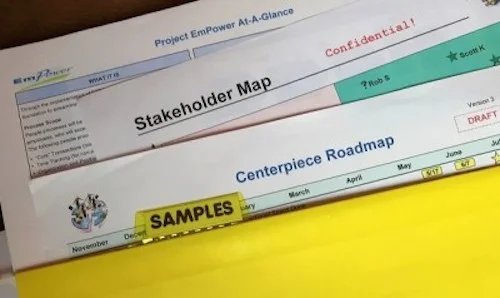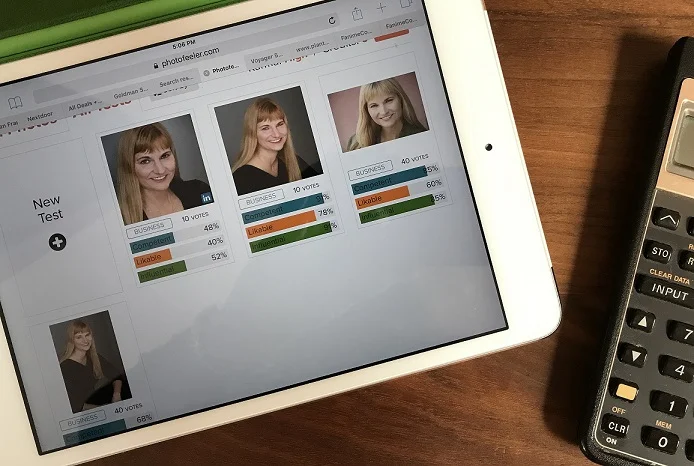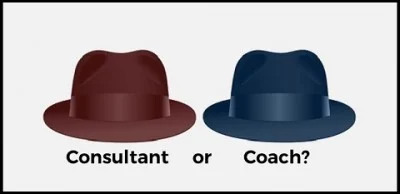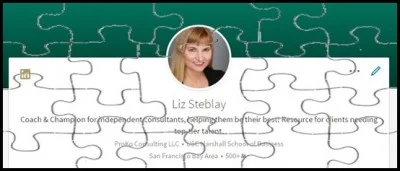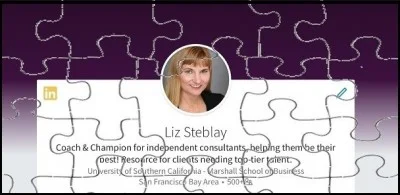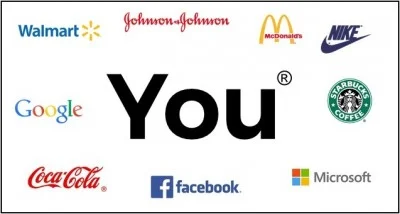Two Reflection Exercises to Help You Work Smarter
/Everyone wants to work smarter, but when you’re self-employed finding time to work on your business, not just in it, is hard. You’re already so busy doing client work, where’s the time to make improvement? It’s even harder to step back and evaluate what you’re doing, not just how you’re doing it. Working smarter is about doing the right things, not just doing tasks more efficiently.
But how do you know if you’re doing the right things? And what does “working smarter” really mean? Most businesses measure growth rate, client retention, revenue, and profit margin. However, as an independent consultant one thing is even more important—your own satisfaction and fulfillment, or literally your “internal rate of return.” You went out on your own for a reason—how is it working out?
Below are two simple exercises to help you assess your internal rate of return and point you to working smarter. It’s best to do one or both either while you’re on vacation or just back from one, after you’ve cleared your brain a bit and caught your breath. Another option is to use your morning run or commute to think about these questions—no music, just listen to your thoughts.
Read More

